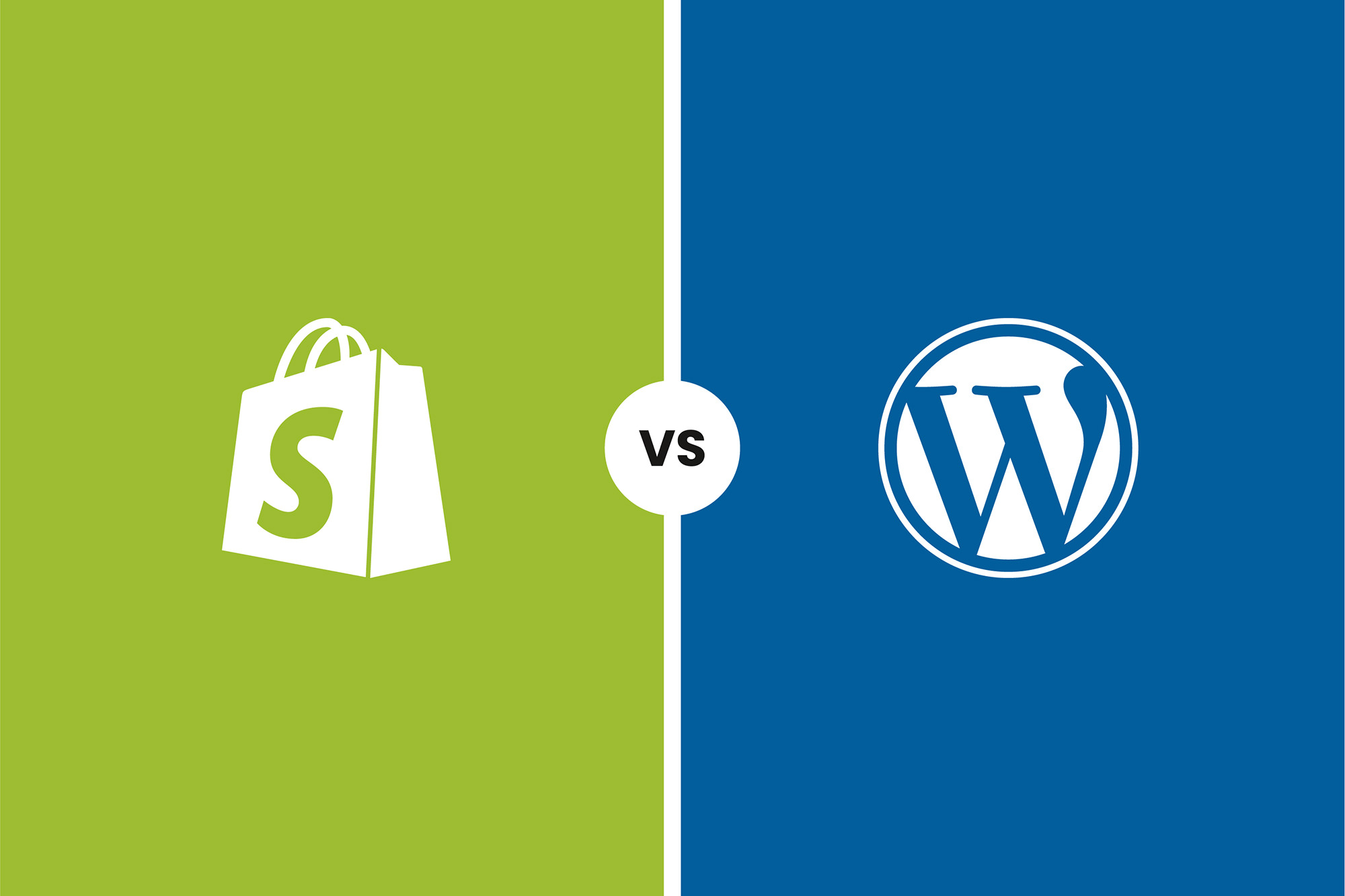It’s hard to believe that WordPress has been around for 20 years! As an agency specialising in WordPress web design, we couldn’t be more excited to celebrate this milestone. In this article, we will delve into the past, present, and future of WordPress, highlighting its remarkable journey and the impact it has had on the world of web design. So, buckle up and join us as we take a trip down memory lane, exploring the evolution of WordPress and what lies ahead for this incredible platform.
A brief history of WordPress
The birth of WordPress: In the early days of the internet, building and managing a website was a complex process, reserved for those with deep technical knowledge. It wasn’t until May 27, 2003, that Matt Mullenweg and Mike Little introduced WordPress, a free, open-source content management system that revolutionised the world of web design.
Initially released as WordPress Version 0.70, it aimed to provide users with an easy-to-use, flexible, and customisable solution for creating and managing websites.
The evolution of WordPress: WordPress has evolved the last 20 years into a powerful, versatile platform that powers over 40% of all websites on the internet. It has gone through numerous updates and improvements, including the introduction of themes, plugins, and a user-friendly visual editor.
The release of WordPress 5.0 in 2018 marked a significant milestone with the introduction of the Gutenberg editor. This block-based editor made it easier than ever to create visually stunning, responsive web designs without the need for coding skills.
The impact of WordPress on web design
WordPress has had a profound impact on the world of web design, democratising the process and making it accessible to millions of worldwide users.
Accessible web design for all: One of the most significant ways WordPress has transformed web design is by making it accessible to everyone, regardless of their technical expertise. With its user-friendly interface and extensive library of themes and plugins, WordPress allows even the most novice users to create professional-looking websites with ease.
A thriving ecosystem of themes and plugins: Thanks to the open-source nature of WordPress, a thriving ecosystem of third-party developers has emerged, with thousands of themes and plugins that extend the platform’s functionality. This vast array of options allows users to create unique, customised web designs that cater to their specific needs.
A strong, supportive community: The WordPress community is one of the most supportive and engaged communities in the tech world. With countless online forums, tutorials, and resources available, users can find answers to their questions and learn from the experiences of others.
The present state of WordPress
Currently, WordPress is the most popular content management system on the planet, powering millions of websites across various industries.
Dominating the market: With over 40% of all websites using WordPress, it’s clear that the platform has become an industry leader. From small businesses to large enterprises, WordPress provides the flexibility and scalability needed to accommodate a wide range of web design needs.
A platform for eCommerce: WordPress has also become a popular choice for eCommerce, thanks to the robust WooCommerce plugin. By integrating this powerful tool, users can easily turn their WordPress site into a fully-functional online store, complete with inventory management, payment processing, and more.
A focus on accessibility and performance: As the WordPress platform continues to evolve, there is a strong emphasis on improving accessibility, performance, and security. By prioritising these aspects, WordPress ensures that its users can create websites that are not only visually appealing but also fast, secure, and accessible to all.
The future of WordPress
The future of WordPress looks incredibly bright, with exciting developments and enhancements on the horizon.
Gutenberg phases 3 and 4: As mentioned earlier, the Gutenberg editor has already made a significant impact on the way users create and manage their WordPress sites. The upcoming Gutenberg Phases 3 and 4 promise to deliver even more powerful features, including easy collaboration and multilingual support.
Expanding into new markets: With its continued growth and popularity, WordPress is set to expand into new markets, such as the enterprise and education sectors. This expansion will only serve to further solidify WordPress as a household name in the world of web design.
Embracing the five for the future program: By renewing its commitment to the Five for the Future program, WordPress aims to support and strengthen the open-source software movement. This initiative encourages organisations and individuals to contribute to the development and growth of WordPress, ensuring its long-term success and sustainability.
Celebrating 20 years of WordPress
WordPress has come a long way in the last 20 years. It has grown from a basic blogging platform to a full-fledged CMS that can be used to create any type of website. WordPress has empowered millions of people around the world to create their own websites.
As we celebrate 20 years of WordPress, it’s important to remember the people who made it all possible. Matt Mullenweg, Mike Little, and the entire WordPress community have worked tirelessly to make WordPress what it is today.
So, let’s celebrate 20 years of WordPress and look forward to the future of this incredible platform. And here’s to the next 20 years of WordPress!
Are you ready to harness the power of WordPress for your own website? Get in touch and how we can help to turn your vision into reality.
Let's make a website!
Book a FREE video call to discuss your business, project strategy, and more!
"*" indicates required fields
More from Metal Potato
5 Essential WordPress Security Plugins
Boost your website's defense with top-rated WordPress security plugins. Ensure ultimate protection against cyber threats today!
The Power of a WordPress Support Retainer
Elevate your site's performance with a WordPress support retainer – expert maintenance, and guidance for success!
How to Launch a Podcast on WordPress
Launch your podcast on WordPress: from equipment selection to SEO optimisation, follow our guide for a successful podcast journey.
10 Compelling Reasons to Choose WordPress
Discover why WordPress is your ultimate website platform choice! Free, customisable, and supported by a thriving community.
6 Essential Tips for WordPress Website Owners
Boost WordPress site: backups, updates, style guides & more for top performance, security & user experience!
Migrate from Shopify to WooCommerce
Move from Shopify to WooCommerce effortlessly for control, flexibility & cost savings. Follow our step-by-step guide.






